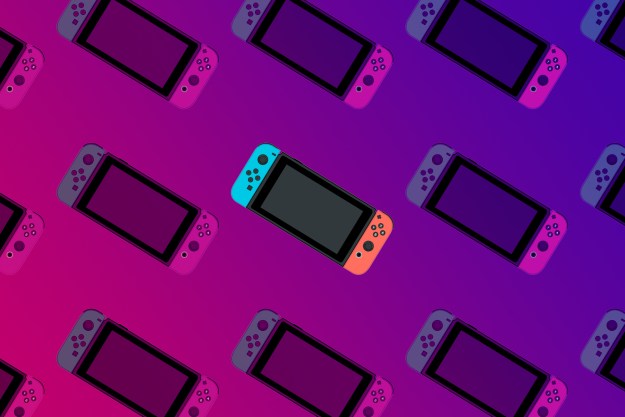
When it debuted on November 18, 2012 Epic Mickey 2 was backed by an extensive advertising campaign. We can recall seeing a number of magazine ads, Internet spots and even television commercials hyping the game. Unfortunately, Epic Mickey 2 failed to live up to the hype generated by Disney Interactive’s public relations team, and as you can see from our 6.5 out of 10 review Epic Mickey 2 wasn’t quite the game that people (even intensely devoted Disney fans) were hoping for.
The anecdotal failure of Epic Mickey 2 was apparent weeks ago, but until yesterday we didn’t have any idea of how poorly received Epic Mickey 2 had actually been. As part of its coverage on the newly-announced Skylanders-esque Disney Infinity project, the LA Times tapped an unnamed source at the NPD in an effort to publicize sales figures for Epic Mickey 2. As you’d likely expect by now, they’re quite grim.
As the Times points out, the original Epic Mickey managed to sell 1.3 million units in the US in the time period between its November 30, 2010 debut and the end of that year. That number isn’t overwhelmingly huge, but it does peg Epic Mickey as a modest success at the very least. By contrast however, Epic Mickey 2 only sold 270,000 copies between November 18, 2012 and the beginning of 2013. Not only does it benefit from examination of a longer sales period compared to its predecessor, but Epic Mickey 2 should have been able to pull in greater sales purely by virtue of having an established franchise identity behind it. Failing that, the pedigree of designer (and Deus Ex creator) Warren Spector alone should have boosted sales. Yet despite all of these contributing factors Epic Mickey 2 just hasn’t found an audience.
So what went wrong? That’s up for debate. Obviously the game’s objective quality (or lack thereof) turned off a number of players. Then, we’d wager that the conflict between the game’s slightly mature content (when compared to typical Disney fare) directly contradicted the more family-friendly stuff that may have attracted Disney fans to the title in the first place. On the other hand, we imagine that the more traditional Disney stuff could have repelled gamers looking for a slightly mature experience.
Whatever the reason, the point here is that Epic Mickey 2 failed at retail, leaving the future of the series in doubt and proving that no media company, no matter how powerful and successful, is immune to the finicky whims of the common man/woman/surprisingly wealthy child. Then again, we doubt Disney executives are holed up in a back office, weeping and taking slugs from a bottle of whiskey. These people own both Star Wars and The Avengers; At this point a goose capable of laying golden eggs would be a downgrade.
Editors' Recommendations
- Epic Mickey: Rebrushed’s control tweaks reinvigorate a Wii classic
- Kingdom Hearts, Axiom Verge 2, and more coming to Epic Games Store as exclusives
- Vampire: The Masquerade – Bloodlines 2 publisher opts out of Epic Games store sale


